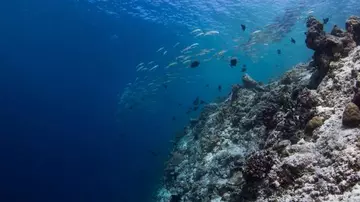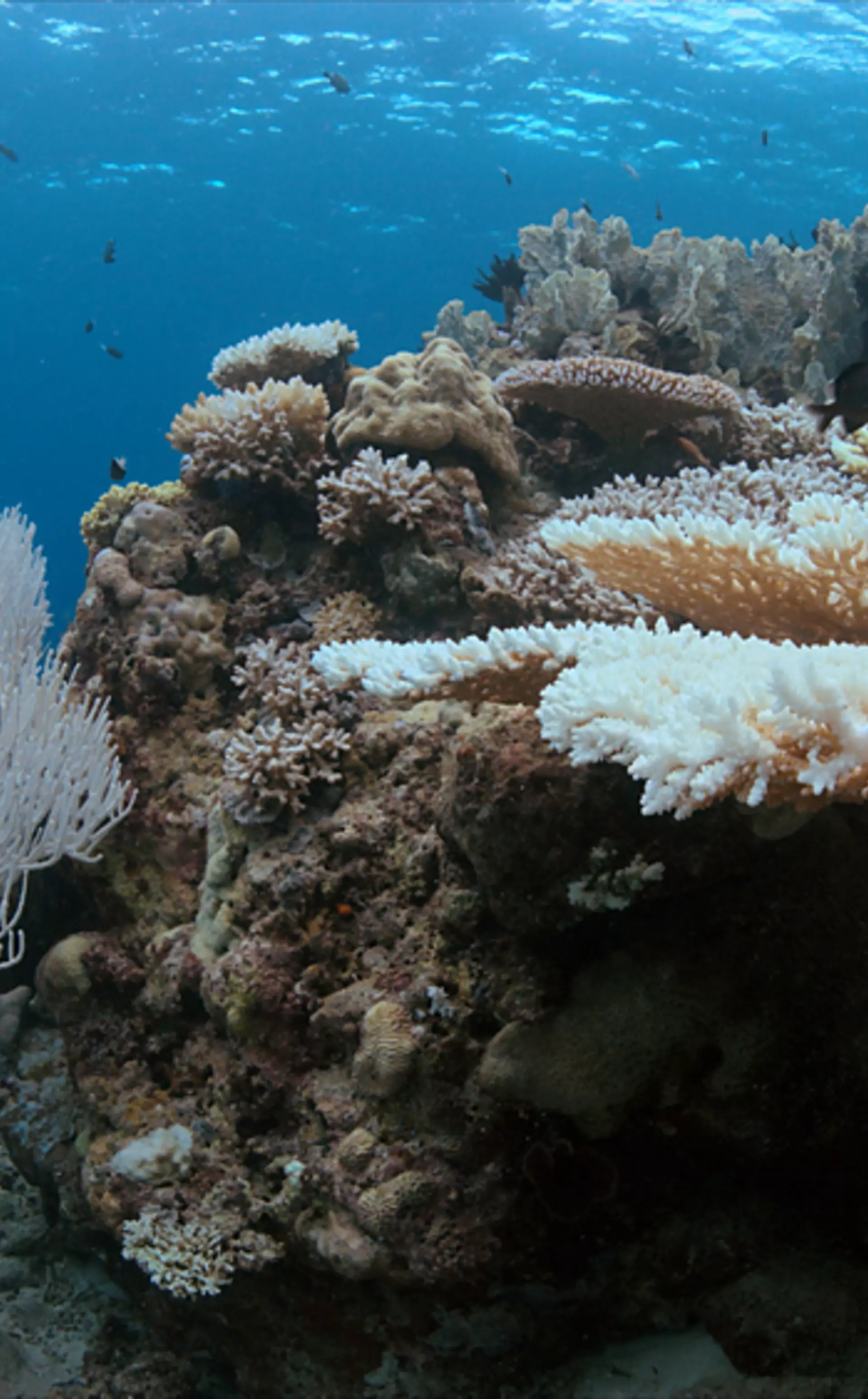
In Climate Change & Animals, students will explore the impact of the changing climate on animals across the world through the lens of work carried out by ZSL's own scientists. Following a self-led investigation of real results collected by scientists in ZSL's Institute of Zoology, students are empowered to make a difference through a discussion of what they can do to reduce their impact.
Objects from the natural world used in this workshop are loaned to us by HM Revenue and Customs.
| Age: KS3 (11 - 14 years) | Duration: 45 - 55 minutes | Capacity: 35 students | Indoor Workshop |

Intended Learning Outcomes:
Students will be able to:
- Recall the science behind the greenhouse effect and give examples of how humans ‘enhance’ the greenhouse effect
- Discuss a selection of common myths surrounding climate change
- Give examples of the risks of climate change on animals, including humans
- Give one example of a ZSL project that involves climate change research
- Understand what they can do to reduce their carbon footprint
Online Teaching Resources:
Support your students' learning before, during or after a visit with our online teaching resources>
National Curriculum Links
| KS3 Biology | Working Scientifically | Scientific attitudes |
|
| Experimental skills and investigations |
|
||
| Analysis and evaluation |
|
||
| Interations and interdependencies | Relationships in an ecosystem |
|
|
| Genetics and evolution | Inheritance, chromosomes, DNA and genes |
|
|
| KS3 Chemistry | Earth and atmosphere |
|
|
| KS3 Geography | Locational knowledge |
|
|
| Human and physical geography |
|
||
